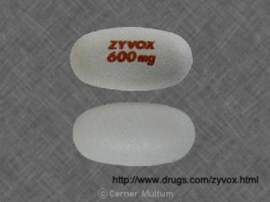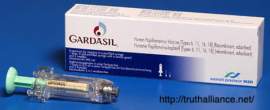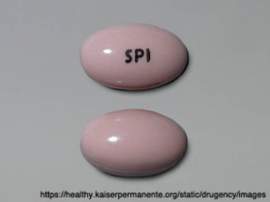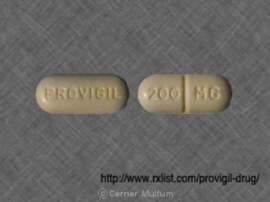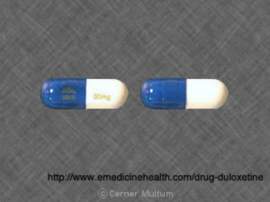
Fosamax Lawsuit
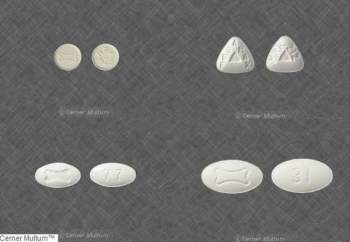
Fosamax Lawsuits: What is Fosamax?
Fosamax, which goes by the generic name Alendronate, is used to treat and prevent osteoporosis (a medical condition in which the sufferer’s bones become thin and susceptible to breaks) in men and women who undergo menopause. Fosamax may also be prescribed to treat Paget’s disease (a medical condition where the bones are weak, soft and may be deformed, easily broken or painful). Fosamax belongs to a class of medications known as bisphosphonates. It is effective by increasing bone density and preventing bone breakdown.
Fosamax has been under stringent investigation of the United States Food and Drug Administration. The FDA notified healthcare professionals concerning its ongoing review of data to evaluate whether the use of bisphosphonate drugs is linked to an increased risk of cancer of the esophagus.
The FDA has currently not affirmed this thought; there is insufficient data to recommend invasive endoscopic procedures of asymptomatic patients. That being said, the FDA will continue to evaluate supporting data and will update the public when more information is made available.
Because of this study and the associated information, it is suggested that patients talk with their healthcare professionals concerning the benefits and risks of drugs like Fosamax. Patients should talk with their healthcare professionals if they experience Fosamax side effects such as chest pain, swallowing difficulties and severe heartburn. Patients, to avoid Fosamax side effects, are strongly advised to adhere to the prescription directions provided by their healthcare professionals.
Fosamax Side Effects:
Although the aforementioned study is still underway, use of Fosamax may cause adverse reactions. Please notify your doctor if any of the following Fosamax side effects are severe or persistent:
• Common Fosamax side effects include nausea, stomach pain, diarrhea, gas, constipation and bloating of the stomach
• Fosamax side effects include change in your ability to taste food
• Headaches, dizziness and swelling of the hands, legs and/or joints are common Fosamax side effects
Some Fosamax side effects may be more serious in nature. If you experience the following Fosamax symptoms, please contact your doctor before consuming more of the drug:
• Difficulty swallowing, pain when swallowing and chest pain are classified as serious Fosamax side effects
• Bloody vomit or vomit that resembles coffee grounds, as well as bloody or tarry stools are regarded as severe Fosamax side effects
• Fever, blisters and/or peeling of the skin are regarded as severe Fosamax side effects
• Swelling of the face, eyes, lips, throat or tongue are deemed serious Fosamax side effects
• Painful or swollen gums are serious Fosamax side effects
• Numbness or heavy feeling in the jaw, poor healing of the jaw, aching pain in the hips, thighs or groin are also regarded as severe Fosamax side effects
Consumption of Fosamax may also increase the risk that you will break bones, particularly your thigh bones. Fosamax side effects also include sharp painful feelings in your groin, hips or thighs. It is important that you contact your doctor if you experience any of these Fosamax side effects. If you experience any of the severe Fosamax side effects, you or your healthcare professional should file a report with the Food and Drug Administration’s MedWatch Adverse Event Report program online by phone at 1-800-332-1088 or by email at http:www.fda.gov/Safety/Medwatch.
Fosamax Lawsuits:
Fosamax, because of the above side effects, is no stranger to lawsuits. Fosamax lawsuits are filed by users who become overwhelmed, sick or die as a result Fosamax-use. Fosamax lawsuits are typically filed against the drug’s manufacturer, Merck. Note: Fosamax lawsuits may be filed as medical negligence suits against prescribing doctors or pharmacists. Typically these Fosamax lawsuits are filed for faulty care or incorrect dosage administrations.
There are currently over 1,000 state and federal Fosamax lawsuits pending against Merck in which plaintiffs claim that Fosamax consumption caused them to develop a rare condition called osteonecrosis of the jaw. Compared with other drug liability cases that involve thousands of plaintiffs, those seeking Fosamax settlements is relatively small. However, Merck is still denying these Fosamax lawsuits, claiming that the link between the rare jaw disease and the drug is impossible to prove--Merck’s primary defense in these Fosamax lawsuits is that there is no definitive evidence proving Fosamax as a cause of jawbone death.
Historically, patients have had a difficult time securing Fosamax settlements--Fosamax lawsuits rarely end in a Fosamax settlement, because plaintiffs have a difficult time proving the drug directly leads to jawbone injuries.
The bulk of Fosamax lawsuits seeking Fosamax settlements have already been filed against Merck for injuries as a result of severe Fosamax side effects. Again, the Fosamax side effect that has been singled-out is the development of a serious bone condition known as osteonecrosis of the jaw. If you or a loved develops a case of ONJ as a result of application, you may be able to file a successful Fosamax lawsuit.
Fosamax lawsuits seek compensation for the victim’s medical expenses, pain and suffering and lost wages from missed work. It is the responsibility of drug manufacturers to ensure the safety of their medications prior to marketing; failure to warn consumers about the associated risks is negligent and grounds for legal action. Please consult with an experienced drug or product liability attorney concerning Fosamax settlements and Fosamax lawsuits. As stated above, although there are only a few pending Fosamax lawsuits, the ability to secure a Fosamax settlement is entirely dependent on your attorney’s ability to solidify the link between your medical condition to Fosamax use.
Sources:
1.The United States National Library of Medicine “Alendronate” retrieved from:
http://www.ncbi.nlm.nih.gov/pubmedhealth/PMH0000018/
2. http://www.ncbi.nlm.nih.gov/pubmedhealth/PMH0000018/
3.http://www.fda.gov/drugs/drugsafety/
postmarketdrugsafetyinformationforpatientsandproviders/ucm101551.htm
4. The New York Times “ F.D.A. to Review Safety of popular Bone Drugs” Wilson, Duff Retrieved from:
http://www.nytimes.com/2011/09/06/health/06bone.html




